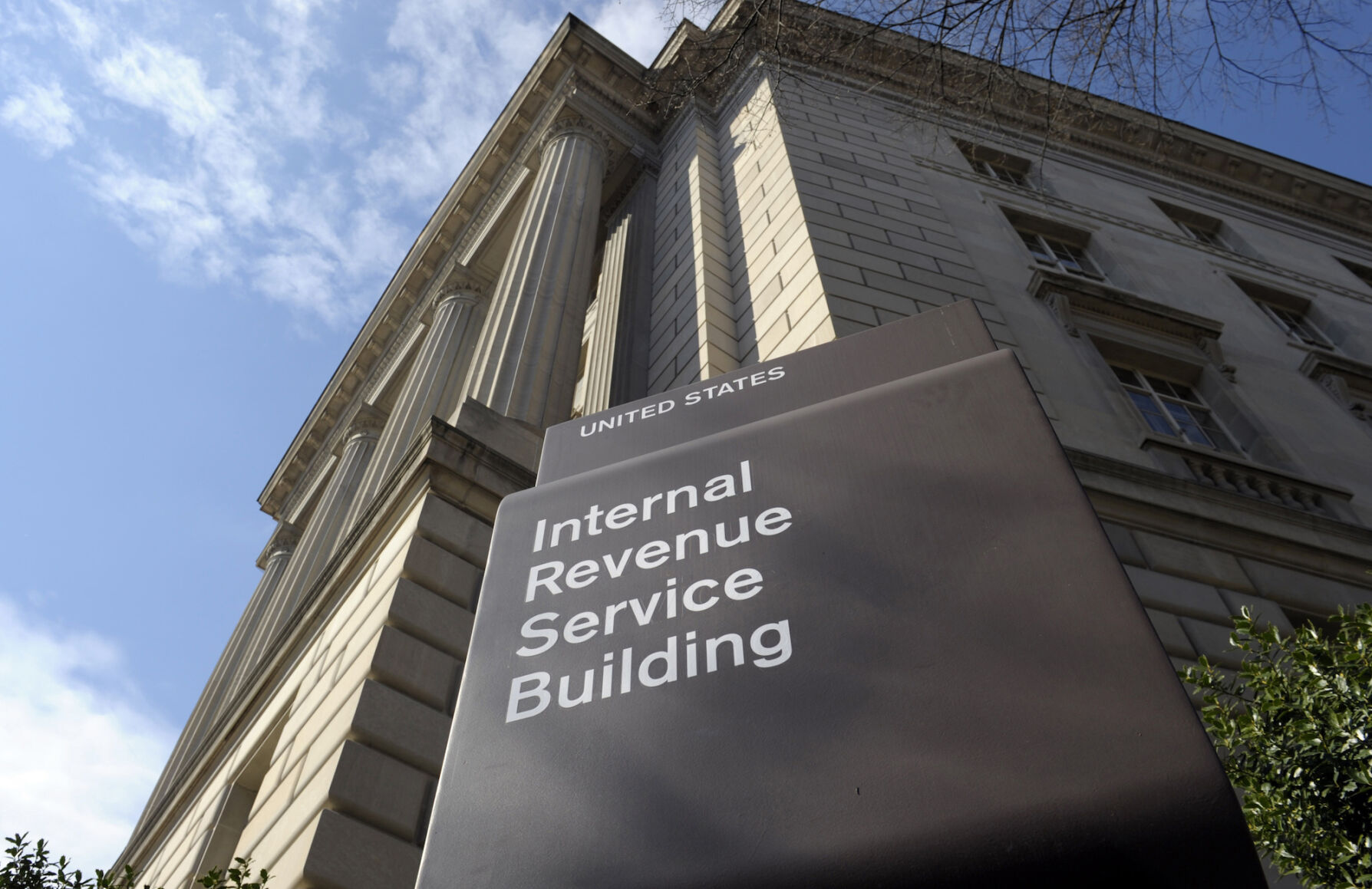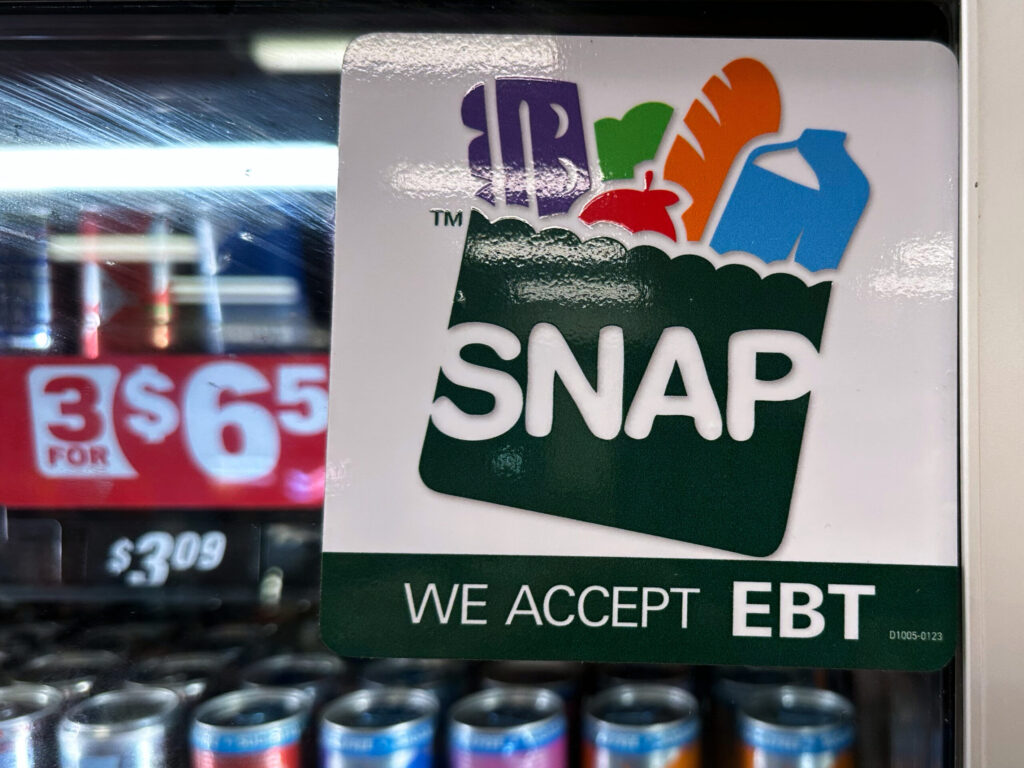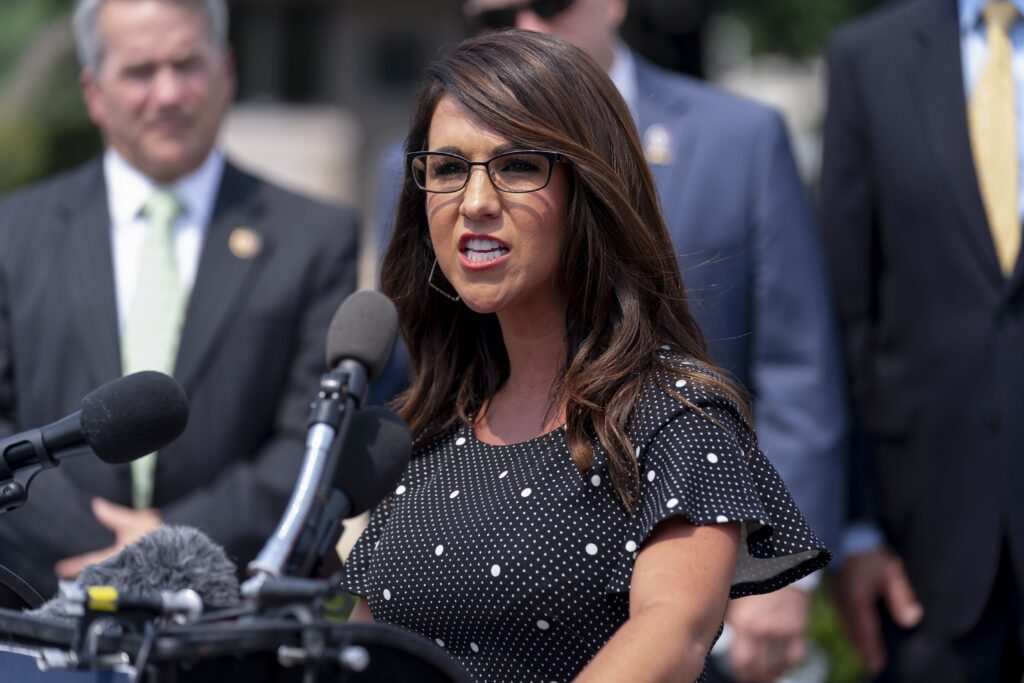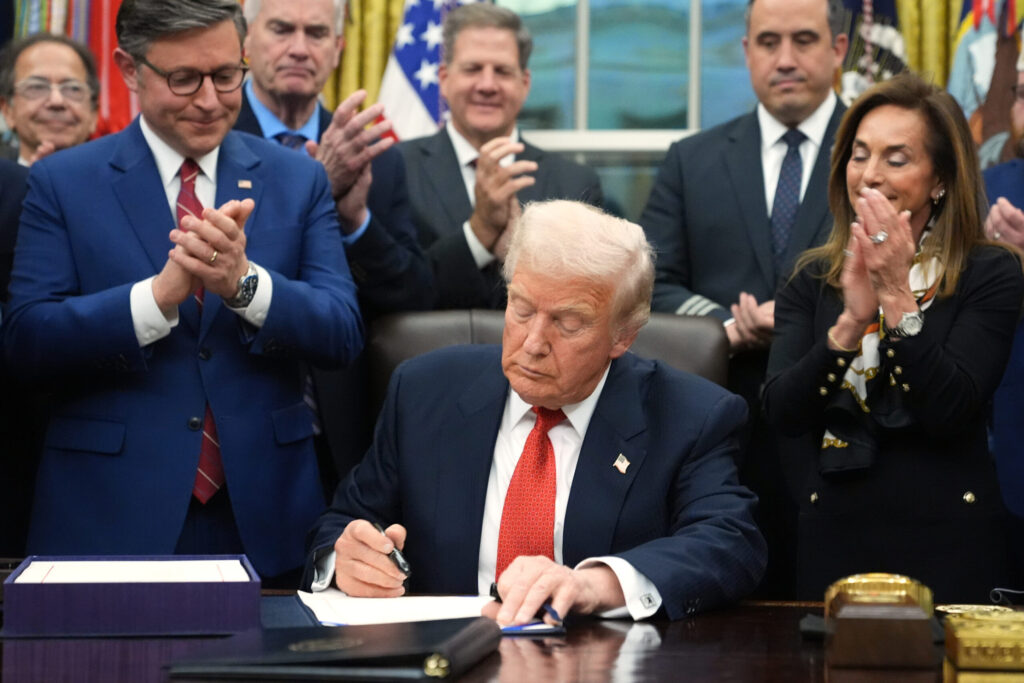IRS won’t tax Colorado’s TABOR refunds this year, Michael Bennet confirms

Colorado taxpayers can breathe a sigh of relief after U.S. Sen. Michael Bennet confirmed on Tuesday that the Internal Revenue Service won’t treat refunds issued under the state’s Taxpayer’s Bill of Rights as taxable income this year.
An aide to the Colorado Democrat said the lawmaker secured the commitment in a meeting with the IRS and Gov. Jared Polis.
Members of the state’s congressional delegation and Polis last summer called on the IRS to “resolve the current ambiguity” that resulted from proposed agency rules that left the status of TABOR refunds unclear for the 2023 tax year.
Lawmakers asked the taxing authority to stick with decades of precedent that has classified the refunds – issued to taxpayers when the state’s revenue exceeds a constitutional cap – as tax-free.
“The IRS has never treated TABOR refunds as income subject to tax,” wrote the lawmakers in August. “The IRS’s historical practice makes good sense in lieu of its traditional recognition of states’ prerogatives to design and administer tax refunds. The IRS should not change course now.”
Polis told the IRS in a strongly worded letter that TABOR refunds qualify as a “legitimate tax refund and should not be subject to further state or federal taxation.”
This year’s dust-up with the IRS comes roughly a year after the agency told Colorado taxpayers to delay filing their 2022 income tax returns until the agency figured out how to treat TABOR refunds issued the previous summer. Within days, the IRS made clear that there would be no change, but subsequent guidance released later last year appeared to reopen the question.
Colorado has routinely used a variety of mechanisms to refund excess revenue to taxpayers, as required by the 1992 voter-approved constitutional amendment. The state is expected to refund $800 to each taxpayer this year.
Editor’s note: This developing story will be updated.














